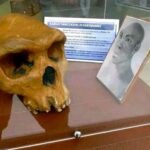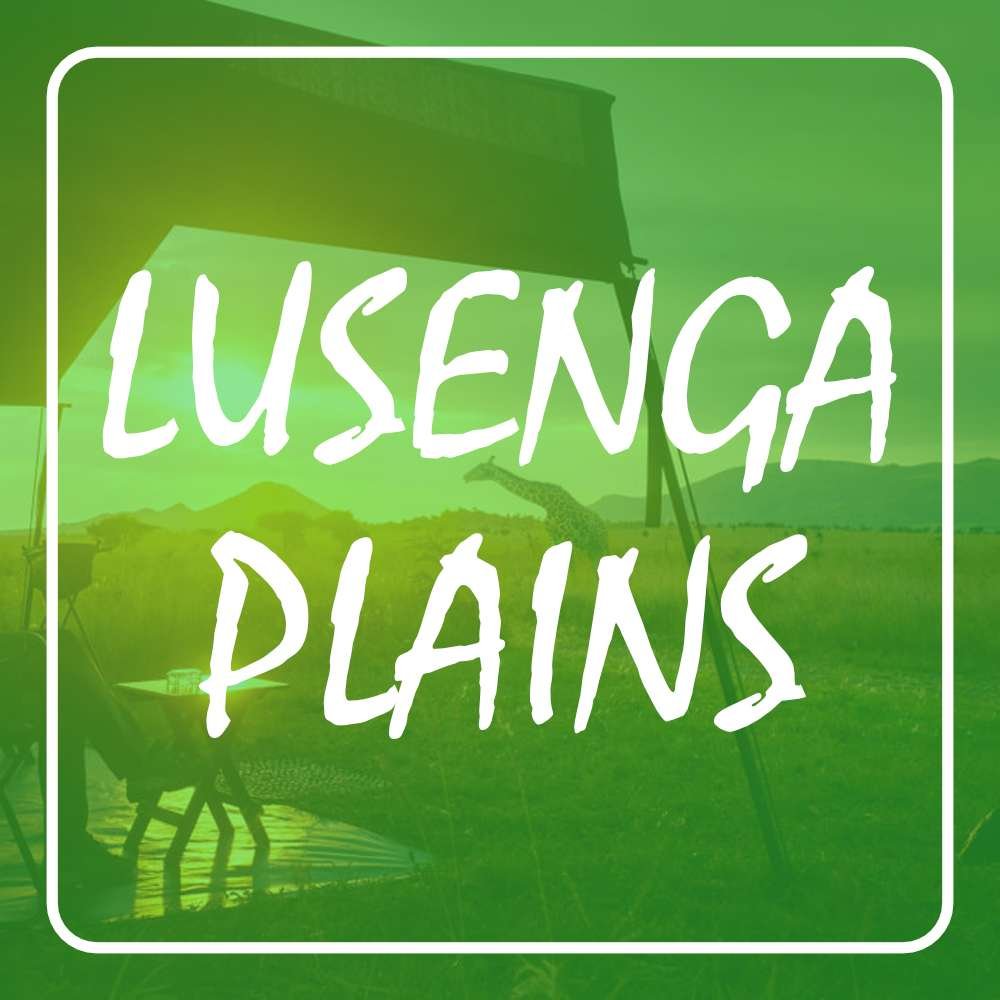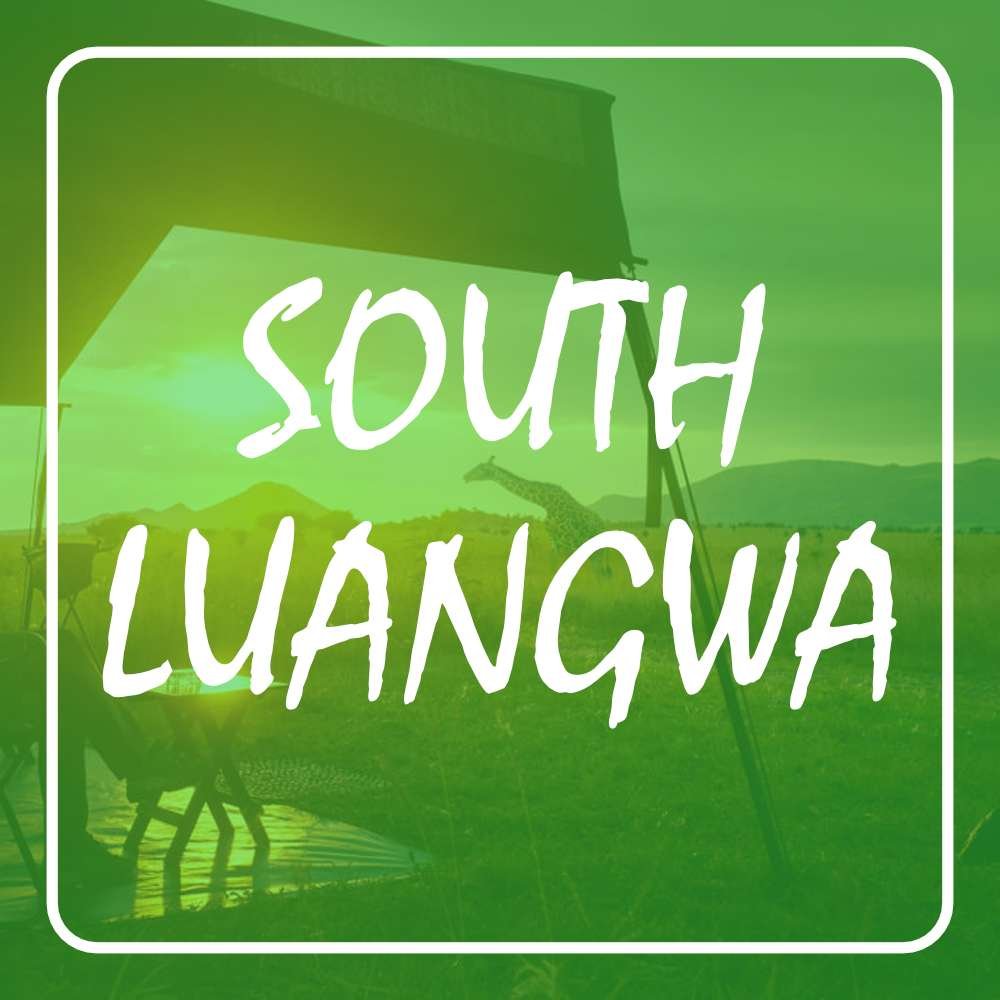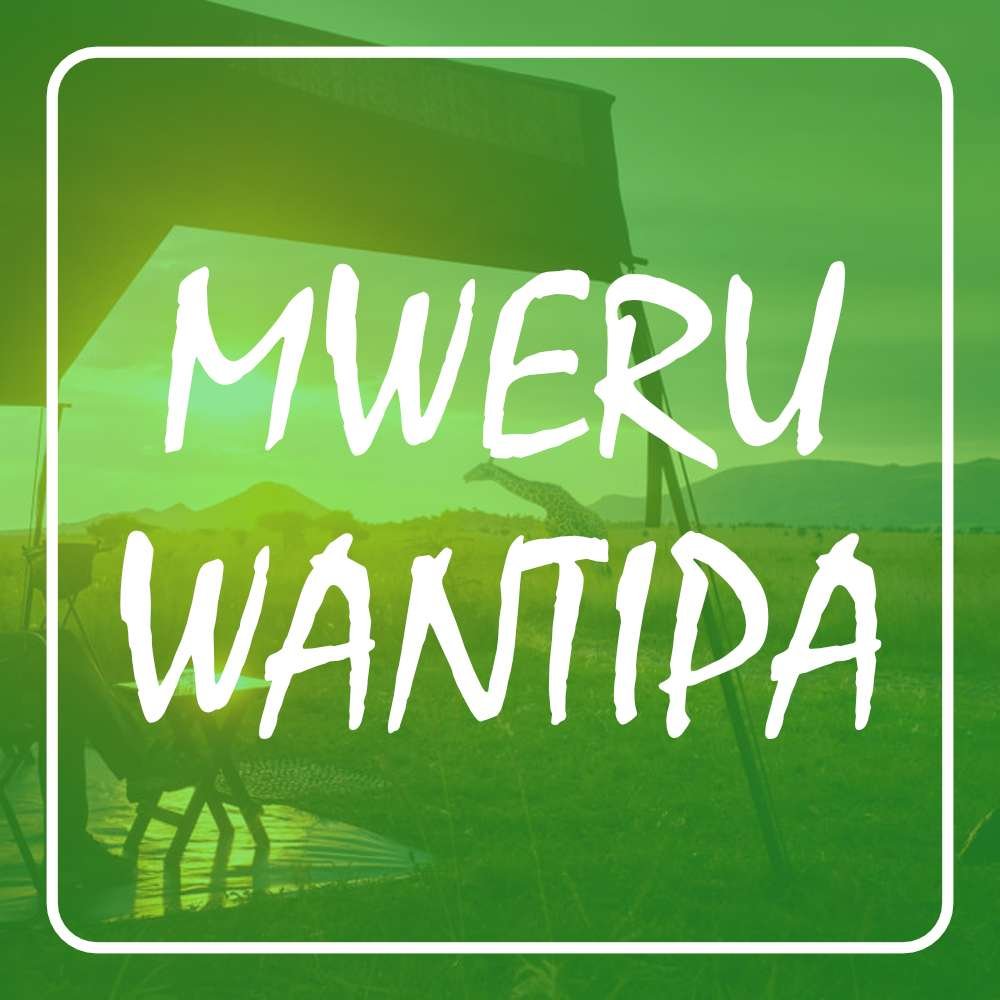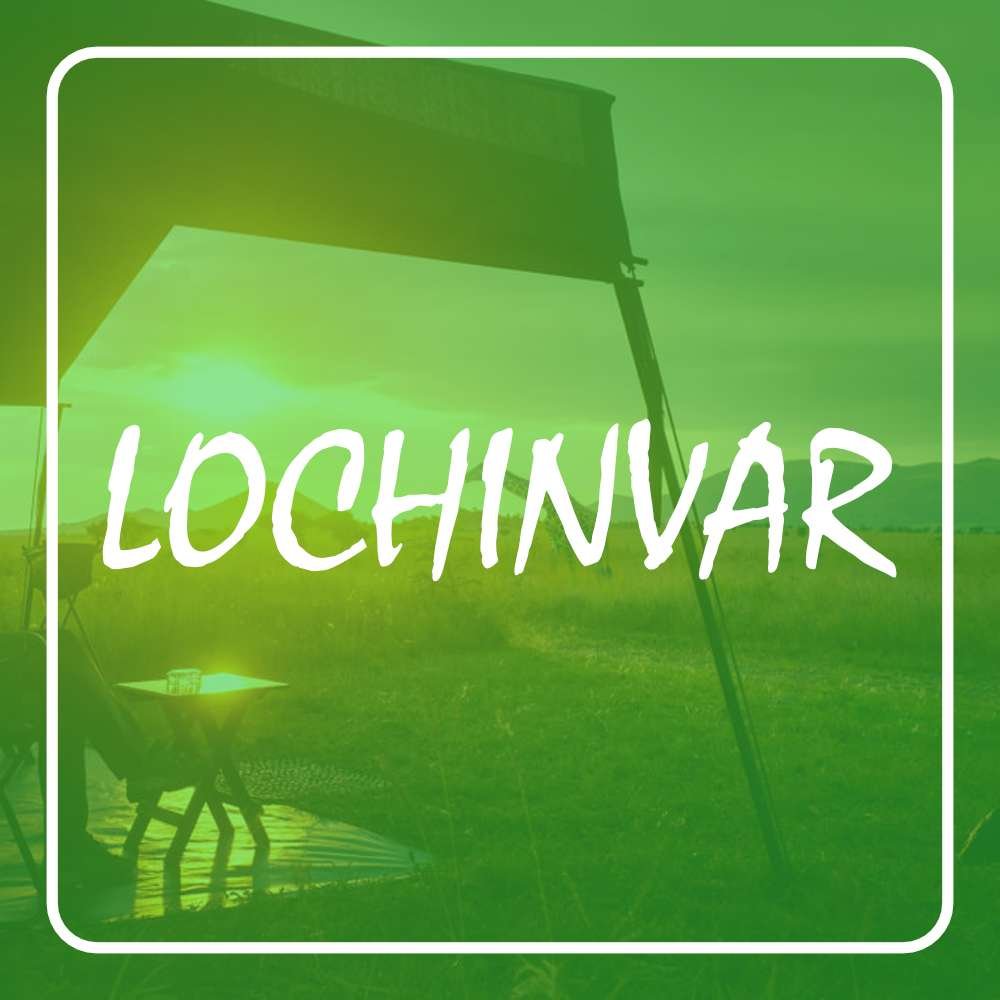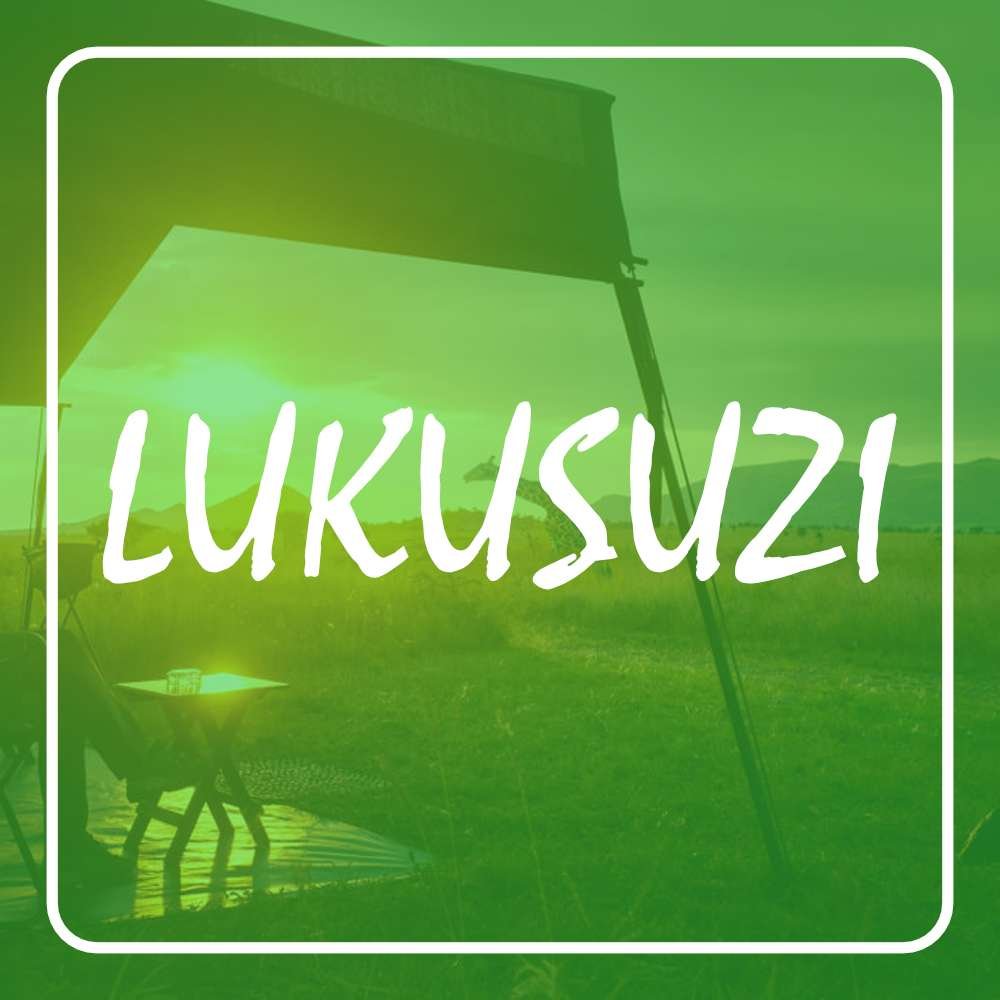Nsumbu National Park
- Governing Body: Department of National Parks and Wildlife
- Type: National Park
- Area: 20000km2
- Nearest District(s): Mporokoso
- Province(s): Northern
- Countries: Zambia
Share:
General Information
Nsumbu National Park (also called Sumbu) lies on the south-western shore of Lake Tanganyika in northern province.
Infrastructure & Accessibility
There has been some refurbishment in recent years and game numbers are rising again.
Accessing the park is best done via the Kasama – Mporokoso – Nsumbu road. The road is tarred up to Mporokoso (170 km) and gravel thereafter (another 170 km). The gravel part is currently bring worked upon (early 2020) and is on the improve. Kasaba Bay Aerodrome is currently owned and operated by the Department of Civil Aviation. Other laterite airstrips are at Kasama and Mprokoso. There are currently no aviation refueling facilities in the area, the nearest being at Ndola on the Copperbelt. Chartered flights are available to Kasaba and Nkamba Bay.
The Tanganyika Angling Challenge place at Nkamba and Ndole Bay Lodges in March or April every year.
Habitat, Flora and Climate
Nsumbu National Park (also called Sumbu) lies on the south-western shore of Lake Tanganyika in northern province. It includes 100kms of some of the most pristine shores of this vast Lake. Its beauty ranges from sandy beaches, vertical cliffs, rocky coves and natural bays to the rugged hills and deep valleys of the interior. The Lufubu River winds its way through the Park and pours into Lake Tanganyika.
The Park is dissected from west to east by the sizeable and perennial Lufubu River, which also demarcates the eastern boundary of the Park up to the river’s discharge into Lake Tanganyika. Nkamba and Chisala Rivers are ephemeral and smaller than the Lufubu, draining Tondwa Swamp into Nkamba and Sumbu Bays respectively, the former through an attractive valley with abundant wildlife. Much of the park is covered by combretum thicket, but along the lakeshore there are many strangler figs and candelabra trees along with the strange and interesting boulders balanced on top of one another.
Wildlife
In the past, Wildlife numbers had declined. But this has turned around in recent years and more animals are thriving as the area is more protected.
The rare blue duiker and sitatunga antelopes can be seen here including the occasional East African Lions, Bush Elephants and leopards.
Other animals include hippopotamus, bushbuck, warthog, puku, roan antelope, sable antelope, eland, hartebeest, African buffalo, plains zebra, spotted hyena, side-striped jackal, serval, impala, waterbuck and reedbuck.
Birdlife
Birdlife in the Nsumbu national park is still exceptional with many birds migrating from East Africa and up from Southern African regions. The flamingo is one of the more spectacular migrants.
Other birds that can be seen include Flamingo, African skimmer, spoonbill, whiskered tern, stork, duck, heron, gray-headed gull, lesser black-backed gull, white-winged black tern, fish eagle, palm-nut vulture (occasionally), Pel’s fishing owl (occasionally).
Fish
Nsumbu national park is well known for its fishing activities both for sport and commercial use.
Local fishermen throw offerings into the water here whenever they pass as a sign of respect. Further east at Kabwembwa, just outside the Park there is a sacred place where the Spirit of the Lake resides. On the Nundo Head Peninsula a large boulder balances upon three smaller ones and is the scene of annual ceremonies in which a white chicken is sacrificed to honour the God Nundo. The Balancing Boulders are shrouded in myth and are of great significance to the local Tabwa people.
Nsumbu is famous for it’s excellent angling off the shoreline and some of the better catches are the Nile perch, goliath tigerfish, catfish (vundu), lake salmon, yellow belly (nkupi) and occasionally the much sought after golden perch is caught.
The Zambian National Fishing Competition takes place here every year around March or April and some world records have been set here.
Reptiles & Amphibians
The waters are teaming with Hippos and Nile crocodiles that can grow to be larger than six meters. This means swimming is not advised.
Accommodation Type(s)
Lodge(s)Activities
Canoeing, Game Drives, Fishing, Safari Tour, Guided TourNo donation to this project yet.
| M | T | W | T | F | S | S |
|---|---|---|---|---|---|---|
| 1 | 2 | 3 | 4 | 5 | 6 | 7 |
| 8 | 9 | 10 | 11 | 12 | 13 | 14 |
| 15 | 16 | 17 | 18 | 19 | 20 | 21 |
| 22 | 23 | 24 | 25 | 26 | 27 | 28 |
| 29 | 30 | 31 | ||||


